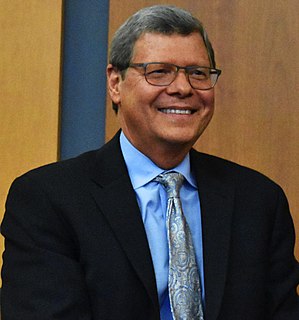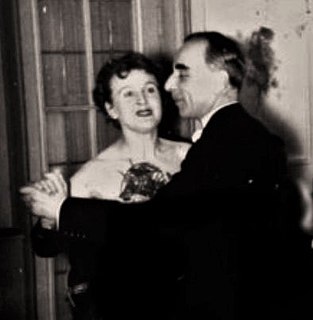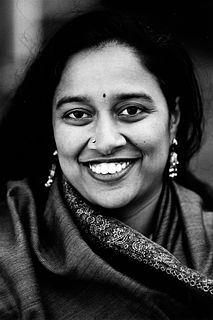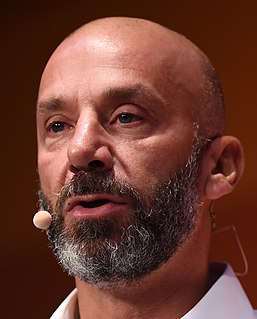A Quote by Maryanne Wolf
I want my thoughts to be an incentive for the reader to give his or her own thoughts. After I wrote 'Proust and the Squid,' I received truly hundreds of letters - I'm still receiving them - and the letters that I wrote back helped me formulate my thinking around things I know are important to others.
Related Quotes
I wrote a huge number of letters that spring: one a week to Naoko, several to Reiko, and several more to Midori. I wrote letters in the classroom, I wrote letters at my desk at home with Seagull in my lap, I wrote letters at empty tables during my breaks at the Italian restaurant. It was as if I were writing letters to hold together the pieces of my crumbling life.
I do that a lot of authors still do not do is allow people to write directly to me. I get about 50 fan letters a day, and I answer every single one of them myself. It takes a lot of time and sometimes it's a pain in the neck and I answer the same questions over and over. But the truth is these people come to my readings clutching these letters saying, "You wrote me back. I can't believe you wrote me back", and I think it really means a lot for them to know that the author values them just as much as they value the author.
My father is my biggest literary influence. Recently, I've been looking through his letters. He was in the National Guard when I was a child, and whenever he left, he would write to me. He wrote letters to me all through college, and we still correspond. His letters, and my mother's, are one of my life's treasures.
[Mary Wortley Montagu] wrote more letters, with fewer punctuation marks, than any Englishwoman of her day; and her nephew, the fourth Baron Rokeby, nearly blinded himself in deciphering the two volumes of undated correspondence which were printed in 1810. Two more followed in 1813, after which the gallant Baron either died at his post or was smitten with despair; for sixty-eight cases of letters lay undisturbed ... 'Les morts n'écrivent point,' said Madame de Maintenon hopefully; but of what benefit is this inactivity, when we still continue to receive their letters?
And my father left me a legacy of his handwriting through letters and a notebook. In the last two years of his life, when he was sick, he filled a notebook with his thoughts about me… There are times when I want to trade all those years that I was too busy to sit with my dad and chat with him, and trade all those years for one hug. But too late. But that's when I take out his letters and I read them, and the paper that touched his hand is in mine, and I feel connected to him.
I think FDR was very dashing and charming and debonair, and probably reminded her of her father. A great bon-vivant. He loved to party. He loved to sing. He loved to have fun. And he wrote beautiful letters, just as her father did, which - alas and alack - Eleanor Roosevelt destroyed. But she refers to his beautiful letters. And she was charmed by him.
It's interesting to me that really one of the first things she [Eleanor Roosevelt]did as First Lady was to collect her father's letters and publish a book called The Letters of My Father, essentially, hunting big game, The Letters of Elliott Roosevelt. And it really was an act of redemption, really one of her first acts of redemption as she entered the White House. She was going to redeem her father's honor. And publishing his letters, reconnecting with her childhood really fortified her to go on into the difficult White House years.


































